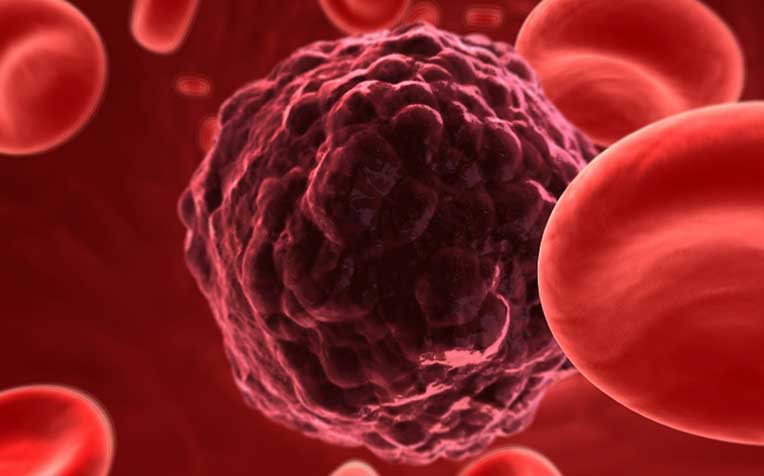HealthXchange will NEVER ask you to transfer money over a call. If in doubt, call the 24/7 ScamShield helpline at 1799, or visit the ScamShield website at www.scamshield.gov.sg.

Multiple myeloma remains incurable at present.
Dr Sathish Kumar, Senior Consultant, Department of Haematology, Singapore General Hospital (SGH), a member of the SingHealth group, shares more on the trial treatment.
Multiple myeloma cancer remains incurable at present. Current treatment options help to manage the condition by slowing the progress and control complications arising from.
A joint SGH-NUS study, using a novel drug and new treatment concept, may help to improve prognosis of this blood cancer.
Trial Treatment
To gauge how well the trial drug can eradicate cancer cells, a highly specialised technique known as flow cytometry will be done at National University Hospital (NUH) to measure the amount of cancer cells left after treatment. If the minimal residual disease (MRD) indicator tests positive, the patient stands a chance of having the disease recur. Trial participants will then be given the option of further treatment for up to two years.
“When MRD is negative, it means there is no or a very insignificant level of cancer cells left. The current test used is not as sensitive, which is why when someone is deemed to be in remission, he could still have quite a number of cancer cells left,” said Associate Professor Chng Wee Joo, Senior Consultant and Head, Department of Haematology- Oncology, NCIS , and the NUH site investigator of the study.
The ability to measure the very low levels of cancer cells left to decide further treatment is a very new concept and these tests will be done by NUH and Sequenta Inc., a US biotechnology company.
Indeed, the study is one of the few studies in the world to use new technologies to improve outcomes of newly diagnosed high-risk multiple myeloma in a clinical study setting, said Prof Chng.
The researchers, who began recruiting newly diagnosed high-risk multiple myeloma patients in October 2014, aim to study a total of 30 patients.
As the disease is not common, patients will be enrolled from not just SGH and NUH, but also via referrals from other institutions in Singapore.
Do You Know?
- 100 new cases of multiple myeloma are diagnosed every year in Singapore.
- Multiple myeloma tends to affect older people after the age of 65.
- The disease tends to be diagnosed at the later stages.
- Its symptoms are vague and non-specific like fatigue, bone pain, frequent infections, anaemia, bone fracture, kidney failure.
- The disease has no identified cause although it is known to affect people who are exposed to petrochemicals and radioactive environments.
Ref: Q15
Contributed by
Related Articles
Conditions & Treatments
Public Events
Get the Health Buddy App
© 2025 SingHealth Group. All Rights Reserved.

















 Get it on Google Play
Get it on Google Play